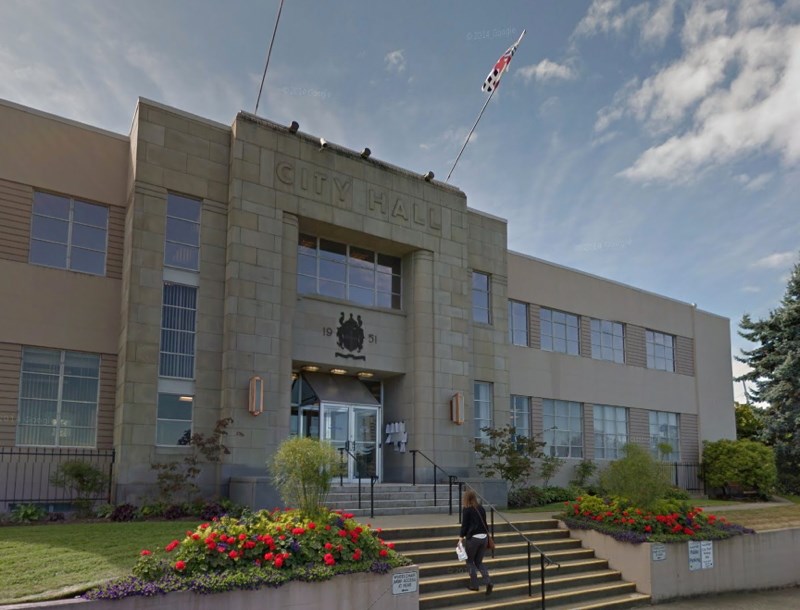Three Nanaimo citizens have been ordered by the Supreme Court of B.C. to return two sets of confidential documents to city hall and to delete copies from social media.
In his judgment, released Tuesday, Judge Douglas W. Thompson said former Nanaimo councillor Gord Fuller and citizens Tim McGrath and Matthew O’Donnell (also known as Matt Henstock) had seven days to carry out the order.
B.C.’s attorney general went to B.C. Supreme Court in September to ensure that Fuller and three citizens take down material deemed to be private.
Terry Lee Wagar was also named in the case but reached an agreement with the attorney general prior to the decision being announced.
The matter centres on the distribution of two sets of documents. One is a March 2015 email written by former mayor Bill McKay for a human resources consulting firm hired to help improve relations at city hall. The email contained McKay’s views of fellow council members.
Copies of that email were distributed by McGrath at a November 2016 council meeting. It was also published on Facebook by Fuller, McGrath and Wagar, the attorney general’s petition stated.
The other set of documents relates to two December 2015 letters written by a law firm on behalf of former councillor Diane Brennan to city officials. The letters identified concerns related to personnel matters at city hall.
Fuller, McGrath and O’Donnell also posted those letters on social media, the attorney general said.
The City of Nanaimo had requested that the material be removed from social media. When that did not happen, the attorney general stepped in.
The three men were also ordered by the judge to delete any copies of the email or letters that they have shared on social media platforms, as far as they are capable of, within 14 days.
Fuller said Thursday that he had not read the decision but that the outcome was a surprise.
The city pursued himself and the others but there were more people who posted the information, Fuller said.
He has no plans to appeal, saying he can not afford it because he is unemployed.



